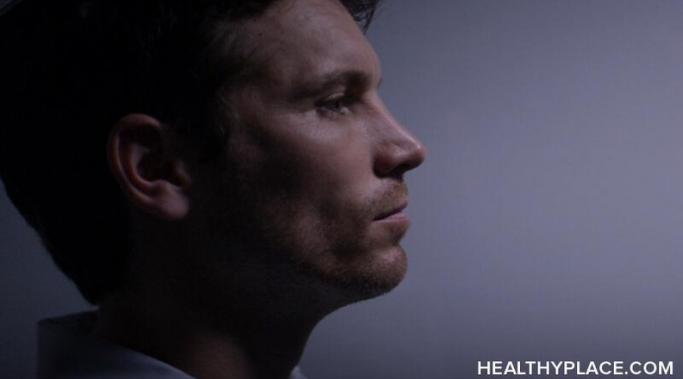Blogs
What are the mental health needs of the Native American community? At first, I was hesitant to write this because although I have Cherokee ancestry, I'm of mixed blood and not enrolled (my blood quantum is too low). But this morning on a news site, I saw that 11 members of a Canadian First Nation attempted suicide on Saturday night alone, causing the tribe to declare a state of emergency.1
There is a notion out there that a suicide attempt is a “cry for attention” and, thus, this invalidates what the person has done or makes it "not serious" (The Stigma Of Suicide). I would beg to differ. First off, of course, many suicide attempts have nothing to do with “attention,” per se, but secondly, so what if it did? So what if a suicide attempt is a cry for attention? Why does that make it less serious?
A self-esteem setback can happen to anyone, even this therapist. Here's what to do to prevent and heal from a self-esteem setback
I have schizoaffective disorder, meaning, simply, that I have a combination of bipolar disorder and schizophrenia. And I experience auditory hallucinations, even on Easter. I accept hearing voices, but I don't like that it happens. It’s hard to say what brings them on. Sometimes it’s a mix of anxiety and overstimulation; sometimes it’s one or the other. But, whatever the cause, as anyone who hears voices will tell you, hearing voices is not fun. It's difficult to accept hearing voices, but sometimes that's the only way to cope.
Binge eating disorder is a personal illness and binge eating disorder recovery is an equally personal journey. Each person with binge eating disorder will find his or her own way to cope with the triggers and stressors that accompany this disease (Mental Health Recovery: Avoiding Triggers!). When you have binge eating disorder it's important to remember that it's a personal journey and your path doesn't have to look like everyone else's.
Anxiety disorders can seem to shut people down, bound by too much worry and frozen in fear. "Fake it 'til you make it," is a piece of friendly(ish) advice meant to motivate and encourage. At its essence, "fake it 'til you make it" assures people that they don't have to feel confident in order to move forward. "Fake it 'til you make it" says it's possible to get up and go no matter what. Is there truth in this, especially when it comes to anxiety disorders?
Mirror triggers are one of the many triggers in eating disorder recovery. Two common themes for those with eating disorders are a repulsion of fat and negative or distorted body image. Recovery includes adjusting our thoughts and feelings around these two, in spite of eating disorder triggers. It’s important to note, however, that no two people recover exactly the same way. Last week we talked about weight gain during recovery and viewing ourselves in the mirror (How to Deal with Weight Changes In Eating Disorder Recovery). One person told me that that they couldn’t look in the mirror because it made them want to cry. This made my heart hurt because it’s an honest, raw, and legitimate feeling. Many of us have experienced this feeling, myself included, and it’s a source of deep sorrow. So, how do we keep moving forward with mirror triggers in eating disorder recovery?
Hi. I’m Silke, a new contributor to Living a Blissful Life. I am a mother, wife, writer, reader, runner, educator, scientist, and woman who lives with clinical depression. I wrote “lives with” because I have spent more than half my life “battling” depression, which is a constant struggle. Despite the battle, I withdrew from the world, attempted suicide, and was hospitalized – more than once. Waging war against depression clearly wasn’t working for me.
I need people to stop using the borderline diagnosis as an insult. As someone who writes primarily about mental health, it’s easy for people to figure out that I’ve been diagnosed with borderline personality disorder (BPD) via a quick Google search. Part of me is relieved that it’s in the open – it frees me of the shame bestowed by secrecy and saves me from having to explain myself to people. But the other part of me worries that people who learn about my diagnosis will pigeonhole me based on their own misunderstandings of what BPD entails (Reclaiming Borderline to Reduce Stigma).
I have found that depression, in my case bipolar depression, amplifies physical pain (Mental Illness Means Physical Pain Too). Yes, depression brings about its own pain, to be sure, but additional to that, I believe depression amplifies the physical pain we already feel in our normal, daily lives. Stubbing your toe hurts, but stubbing you toe with serious depression feels like it could kill you.









